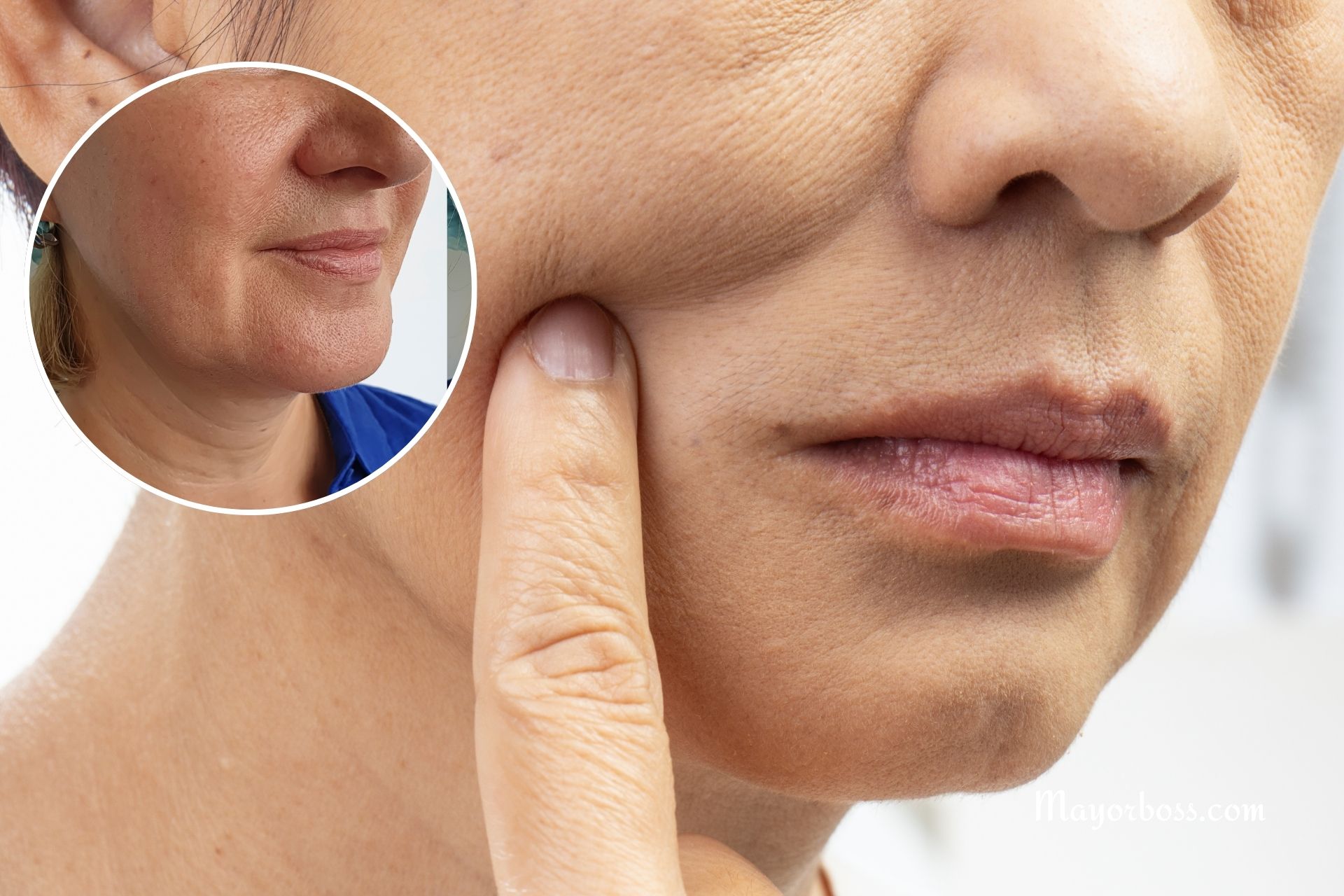Puffy Face Can Be An Overlooked Symptom of PCOS: Don’t Ignore This Sign
Polycystic Ovary Syndrome, or PCOS, is a common condition that affects many women. It causes problems with hormones, which are the chemicals in our bodies that help control many functions. Most people know that PCOS can cause irregular periods and acne. However, a puffy face can also be a sign of PCOS. In this article, we will explain how PCOS may cause a puffy face, what this means for your health, and what you can do if you notice this sign.

What is PCOS?
PCOS is a condition that happens when a woman’s body makes too many male hormones. These hormones, like testosterone, are usually present in small amounts in women. When there is an imbalance, it can affect many parts of the body. Some common signs of PCOS include:
- Irregular periods or no periods at all
- Extra hair on the face or body
- Acne or skin problems
- Weight gain
According to the National Health Service, not every woman with PCOS will have all these symptoms. The signs can vary, and some may be more noticeable than others.
How Does PCOS Cause a Puffy Face?
A puffy face means that your face looks swollen or full. This happens when your body holds onto extra water. With PCOS, there are a few reasons why you might have a puffy face:
Insulin Resistance
Many women with PCOS have a condition called insulin resistance. Insulin is a hormone that helps your body use sugar for energy. When your body does not use insulin properly, the level of insulin in your blood can go up. High insulin levels can make your kidneys hold on to salt. When you have more salt, your body keeps extra water. This extra water can lead to swelling in the face.
Inflammation
PCOS can cause low-level inflammation in the body. Inflammation happens when your body is fighting an infection or dealing with injury. With PCOS, the inflammation is small but lasts a long time. This long-lasting inflammation can make your blood vessels leak fluid into the tissues of your face. The extra fluid can cause your face to look puffy.
Hormone Imbalances
In PCOS, the hormones that control the body’s fluid balance can become unbalanced. Hormones like estrogen and progesterone help keep fluid levels normal. When these hormones are not at the right levels, your body might hold on to extra fluid. This extra fluid can build up in the face and cause puffiness.
Other Signs of PCOS
As mentioned earlier, a puffy face is just one sign of PCOS. Here are some other signs to look out for:
- Irregular Periods: Your menstrual cycle might be shorter or longer than usual.
- Weight Gain: You might notice that you gain weight even when your eating habits have not changed.
- Acne or Skin Problems: You may see more acne or changes in your skin.
- Extra Hair Growth: Some women notice extra hair on their face, chest, or other parts of the body.
What Can You Do?
If you notice that your face is puffy and you have other signs of PCOS, it is important to talk to your doctor. Your doctor will ask about your symptoms and may do some tests. These tests might include:
Blood Tests
Blood tests can check your hormone levels and see if your body is resistant to insulin. These tests help your doctor understand how PCOS is affecting your body.
Ultrasound
An ultrasound is a test that uses sound waves to look at your ovaries. This test can show if there are many small cysts on your ovaries, which is a common sign of PCOS.
Physical Exam
Your doctor will also do a physical exam. They will check for signs like a puffy face, acne, and extra hair. This exam helps your doctor get a full picture of your health.
Treatment Options
There is no one cure for PCOS, but there are many ways to manage the condition. Treatment depends on your symptoms and what you need. Here are some common treatment options:
Lifestyle Changes
Making healthy changes in your life can help control PCOS. These changes include:
- Eating a Healthy Diet: Focus on eating fruits, vegetables, lean proteins, and whole grains. Avoid too much salt, as salt can make your body hold extra water.
- Regular Exercise: Exercise helps your body use insulin better. Try to be active for at least 30 minutes every day.
- Weight Management: Losing weight, if you are overweight, can help balance your hormones and reduce symptoms.
Medications
Sometimes, medications are needed to manage PCOS. Some common medications include:
- Birth Control Pills: These pills can help balance your hormones and make your periods more regular.
- Metformin: This medicine helps your body use insulin better. It can help lower insulin levels and reduce weight gain.
- Anti-Inflammatory Drugs: In some cases, these drugs can help reduce inflammation in your body.
Regular Follow-Up
It is important to see your doctor regularly if you have PCOS. Regular check-ups help your doctor see how you are doing. They can change your treatment if needed to better control your symptoms.
Takeaway
A puffy face can be an important sign of PCOS. When your body holds extra water, it can cause swelling in your face. This may be due to insulin resistance, inflammation, or hormonal imbalances. While a puffy face alone does not mean you have PCOS, it is a sign to pay attention to, especially if you have other symptoms like irregular periods or weight gain. If you notice these signs, it is important to see your doctor.






